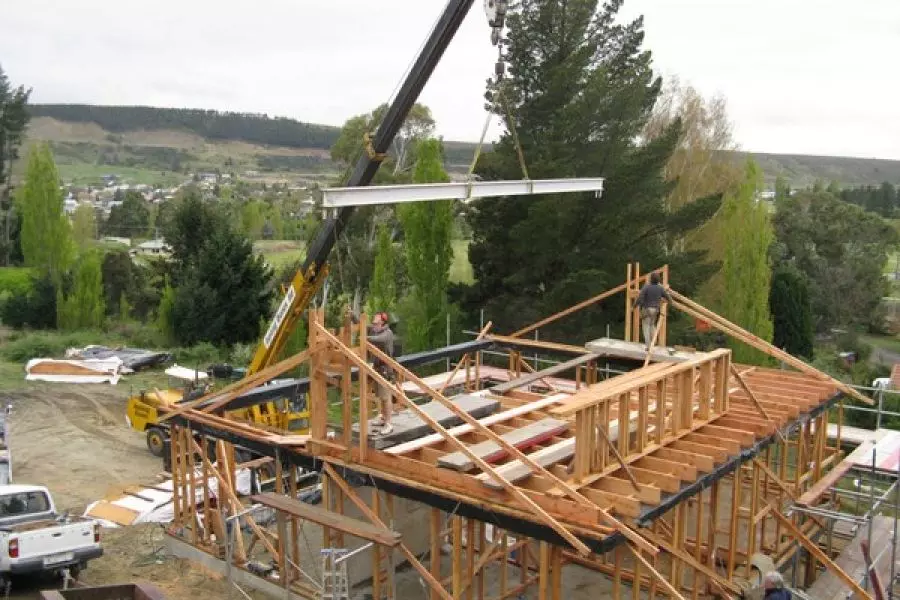News
Decline in consents worrying for Auckland

Monday 31st of October 2016
The latest Statistics New Zealand data shows that 2,550 new dwellings were consented nationwide in September.
This was down on the 2,834 new dwellings consented in August and also down on the number consented in June and July.
However, annually, there has been an increase in new dwelling consents of 14% from the September 2015 year.
Within this, North Island consents num...
Want to read the full article?
Click the button below to subscribe and will have unlimited access to full article and all other articles on the site.






![[The Wrap] Bye Bye Bayly](https://goodreturns.publit.io/file/c_fill,w_900,h_600/39f23ac1-f7c7-4854-b700-a150004ebbac.webp)


